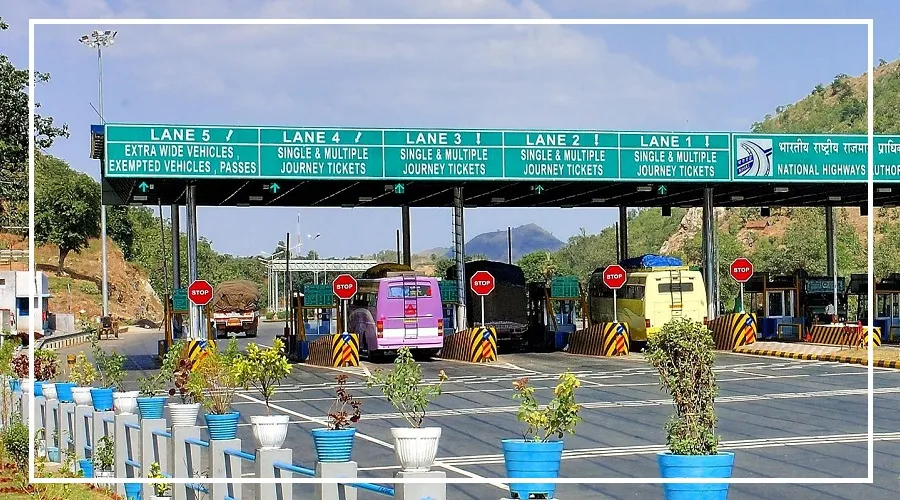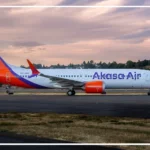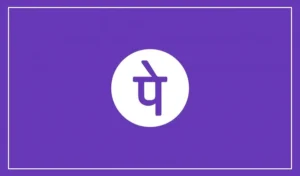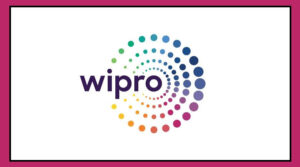In a move that will benefit millions of daily commuters and transporters, the central government is planning to slash toll charges by 50% on highways where more than half the route includes elevated flyovers, tunnels, or underpasses.
Why This Matters
At present, toll rates on such roads are up to 10 times higher than on regular highways. These higher charges help recover the high construction costs.
However, as urban areas grow and more people use these routes daily—like on the Dwarka Expressway—the toll burden has become too heavy for regular commuters.
Expected Benefits for Commuters
Under the new policy, toll rates will be capped at 5 times the standard highway rate for routes with large elevated sections. This change can lead to major savings. For example:
Current toll on Dwarka Expressway (one-way): Rs 317
Expected toll after new rule: Rs 153
This will benefit daily office commuters, intercity travellers, and those using ring roads or bypasses regularly.
Transport Sector to Benefit Too
Commercial vehicles and trucks, which pay even higher tolls, will also see big savings:
Transport costs may drop
Logistics speed and efficiency can improve
Lower delivery costs could help stabilize market prices for goods
What’s Next?
The new toll rule is expected to be officially announced soon. It shows a balanced approach—helping commuters save money while still allowing the government to recover infrastructure investments.
This step is in line with India’s long-term goal of making high-speed road travel more affordable.
As the country builds world-class highways, such policies ensure that development doesn’t become too costly for the average citizen.

























